The Cypriot branch of the IWW write about the past and present of trade union struggles in the island, and why the model of solidarity unionism is the only sustainable avenue for workers' empowerment under neoliberalism.
Trade union history in Cyprus
In order to discuss any form of labour organisation, one should have a picture of the landscape surrounding workers' rights and employment relations in the region. In Cyprus, most rights deriving from labour law were established in the early 2000s, due to the country’s then imminent entrance into the European Union. Since then, Cyprus’s labour law has been developing based entirely on EU directives. All pre-existing labour laws are from the 60s, when the Republic was first established, with some originally being British colonial-era mandates dating as far back as the 30s. Most remain largely unchanged.
The reason behind this lack of legislation is the simple fact that Cyprus’s industrial relations, not unlike those of certain Northern European countries, were based mostly on collective agreements that covered the vast majority of the workforce. Those collective contracts are ‘gentlemen’s agreements’, which means that they are not legally binding. However, they were highly respected by both parties for decades due to the overwhelming proportion of the workforce being union members and the dedication of those trade unions to maintaining labour peace. Specifically, in Cyprus major trade unions and employer organisations manage their relations, including defining the valid reasons for a strike, through another gentlemen’s agreement, the Industrial Relations Code: the Code basically ties up the right to strike to collective bargaining, despite the fact that there is no legal obligation to do so.
This more or less agreeable relation between trade unions and employers was not meant to last. Cyprus’s entry in the EU in 2004 and the large numbers of migrant workers that came to the island presented a huge challenge for trade unions. More importantly, their inability to protect labour rights during the global economic crisis of the past decade and their strong – and openly declared – allegiance to major political parties (both Left as well as the Right), and consequently to their policies, eroded their credibility and that of unionism in general. Nowadays, around 40% of workers are covered by collective agreements in the public and private sectors, but public opinion regarding unions themselves is very low. Their membership is still relatively high, but its is ageing and union power is weakening.
This decline in union power and collective agreement coverage led to trade unions pushing for further legal protections by lobbying and occasionally mobilising their membership into isolated symbolic protests, arguing that collective agreements (at least the ‘sectoral’ ones) were legally binding. In this latter cause, trade unions had a modicum of success in the salient sectors of construction and hospitality. When it comes to workers’ rights, it was not until the last couple of years, characterized by record profits, low and decreasing unemployment and stagnated wages, that Cyprus began taking some shy initiatives rather than just blindly and with as much delay as possible incorporating the relevant EU directives into its labour law.
At this point, we should note some important examples of what are considered positive recent developments. These include: 1) the establishment of a national minimum wage in 2023 (not universal and however problematic it may be); 2) an increase to the annual Cost Of Living Allowance (COLA) based on inflation from 50% to 66.7% for those workers who receive it (mostly the aforementioned 40% covered by collective agreements); 3) a very much delayed regulation of working from home; 4) a still incomplete extension of social insurance rights to the self-employed; 5) the capping of the employment probationary period to six months (a length which was deemed a violation of the European Social Charter by the European Committee of Social Rights on numerous occasions); 6) a law regarding immediate access to the right of annual leave (with the previous law violating an EU directive established in the 90s); as well as laws regarding the transparency of wages and the right of employees to be informed about their essential employment terms in a timely manner.
Alongside the problematic aspects of these – generally positive – developments, there are still serious gaps in legislation. There are also severe problems with the control and enforcement of the existing laws. The relatively recent reformation of the Labour Inspections Services did little to help: the fines they could impose were too low (certain Right and Far Right parties made sure of that when the legislation was passing), and they remained understaffed compared to the number of workplaces in Cyprus. They were also mostly focused on combating undeclared work.
As for individual action, taking a case to court costs both money and time, with the average length of a labour law trial being between 5–7 years, not including appeals. The compensation a worker can win is minimal unless they have been working at their job for at least a decade. Even more worryingly, in the case of illegal dismissals, the courts have ordered the reinstatement of the employee only once in the Republic's entire history. To give a mind-boggling example, consider this: as a rule, compensation for illegal dismissal is equal to the compensation an employee would receive if they were declared redundant; as such, if a court finds that an employee was illegally fired by being wrongfully declared redundant, the compensation awarded to them will be equal to the money they would have received if they had not taken their case to court, avoiding the legal expenses and the general hassle.
To be fair, strikes organised or covered by the major trade unions have become much more common in the past decade, and trade unions’ efforts to organise EU migrant workers proved somewhat successful, at least in the sectors which already had a high union density and generally good relations between unions and employers. However, these developments haven't managed to curb the deterioration of unions membership and the declining salience of unionism. Rapid labour market changes, unions’ relative failure to organise young workers, as well as the arrival of migrants from outside the EU (whose rights are often purposefully disregarded by certain trade unions in exchange for a better deal for the local and EU workforce), are proving nigh-insurmountable challenges.
The currently dominant model of unionism relies on good relations with employers, which were not difficult to form in a small country where almost all employers were local, employing a local workforce with which they often had familial or friendly relations. This is of course no longer the case, with Cyprus turning into a hub of multinational corporations with an international workforce. Moreover, this older model of unionism relies on jobs that are career-forming, and is impotent in a labour landscape where employees are (willingly or not) changing jobs, and even sectors, constantly.
Addressing these challenges through legal and state protections, which is what the major trade unions are trying to do at the moment, can appear as a solution, but it can not substitute the power of a highly organised and militant membership. It is only a temporary shortcut, which even if successful can only lead to the further deterioration of union membership, as workers will probably consider union participation as even more irrelevant since their rights will be provided by the state. If we then consider the aforementioned lackluster enforcement of existing rights by the state, the futility of this goal becomes more than apparent.
Solidarity unionism now
This long introduction was necessary to explain why the Industrial Workers of the World (IWW), and specifically their model of Solidarity Unionism, can be beneficial for the island’s workforce, and the only hope to turn the anti-union tide. The fact that even the major unions very often have to strike in order for employers to respect their legal obligations should make it abundantly clear that the only recourse we have as workers is real, meaningful collective organisation and action.
In simple terms, workers must be organised, which means nothing more than having developed strong ties of support and mutual aid between them – regardless of whether they form, or are members of, officially recognised unions. They must be aware of their rights and must be ready to act whenever those rights are infringed upon, considering an injury to one of them to be an injury to all. Solidarity unions – unions in the broad sense of the word – consider every issue that a worker is facing to be a labour issue, regardless if it directly relates to their working life. It is an issue that can and must be dealt with collectively, through solidarity and direct action.
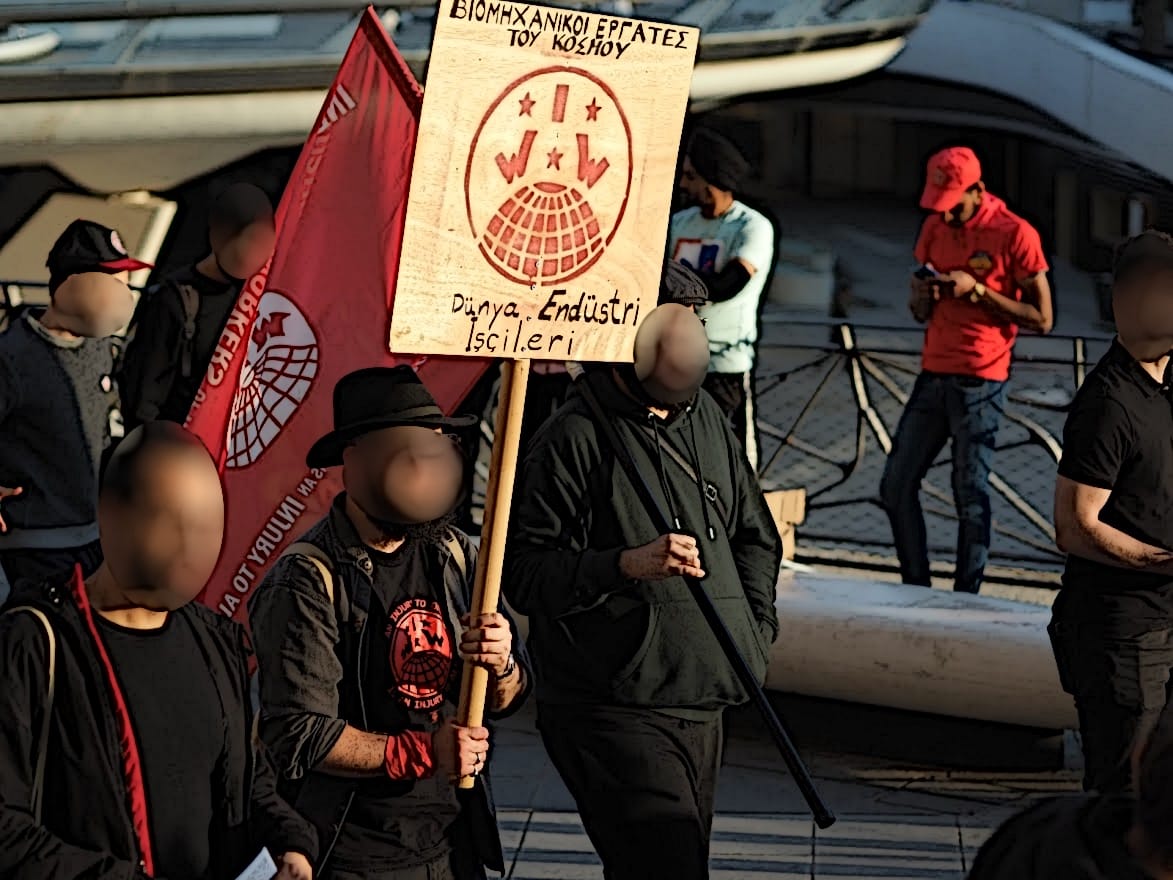
In solidarity unionism, direct action (for example, work stoppages of all kinds, marching on the boss, and other forms of resistance in the workplace) is prioritised over mediated action like collective bargaining, electoral politics, negotiations and arbitration. The main reason behind this is the simple fact that anything won by dedicated direct action and majority organising cannot be easily removed when the collective agreement expires, or when a government changes the law or chooses not to implement it. Direct action gets satisfaction.
In addition to the above, it is important to keep in mind that when the IWW were formed in 1905, they did so as an alternative to the traditional trade unions of that era. The IWW was, and still is, a union for all those deemed ‘unorganisable’ by traditional trade unions (minorities, women, migrants, members of the LGBTQA+ community, etc.), including, to this day, entire professions like sex workers. It was from the start, and remains, an international organisation, perfectly suited for workers who move around countries (whether by choice or by force) and want to find a group of supporters everywhere they land. Regarding migrants specifically, if it was not made clear already, they comprise a very salient proportion of Cyprus’s workforce; at least 40% of workers in the Republic of Cyprus (we have no data for the northern part of the island) are migrants, and more than half of them are from outside the EU.

Perhaps the most important difference between the IWW and traditional trade unions in Cyprus and abroad, a difference that played a major role in the formation of the IWW almost 120 years ago, is its insistence that workers and employers have nothing in common. This statement is, in fact, the first sentence of our Constitution. We understand that the conflicts between these two groups are fundamental and inherent in the capitalist social system, a system which must be uprooted if true human emancipation and balance with the environment are to be achieved.
The IWW is therefore not trying to be buddies with the employers and government, and as such, despite being around for more than a century, it has not grown to resemble them; this is unlike the major traditional unions, whose close ties with employers, political parties and governments force them to adapt and function similarly to them, not to mention that their model of business unionism with paid officers makes them employers themselves.
This position is also one of the reasons why the IWW is not organising police officers, in addition to the more pragmatic reason: the sad fact that the aim of police trade unions is to defend their members against accusations of brutality, excess force etc., and that they generally prioritise advocating for the ‘liberty’ of police officers to act uncontrollably and without consequences over the improvement of their working conditions.
Another major difference stemming from the above relates to the internal structure of our organisation. As workers, we spend the majority of our daily life in undemocratic workplaces, and the obligation to work oppresses and defines the entirety of our existence; trade unions are supposed to be tools to give us back some control, and this must be reflected in the way they function, internally and externally. Yet most traditional trade unions are not the temples of democracy and membership control they claim to be. They are in fact bureaucratic, hierarchical organisations, led by paid officials usually elected unopposed in conventions that happen every few years.
The IWW is a horizontal organisation, which does not exist above and beyond its members. Branches and Regional Organising Committees (ROCs) hold monthly assemblies where all members have full participation rights, while general electoral conventions both local and international occur yearly, with limits to the re-electability of officers. Contrary to traditional trade unions’ making decisions and even negotiating with employers behind closed doors and away from the scrutiny of their membership, the IWW is a fully transparent organisation, with the membership having the ability to monitor all the discussions and decision-making processes of the elected bodies. The membership also receive updates about everything that the local and international bodies are up to in monthly newsletters.
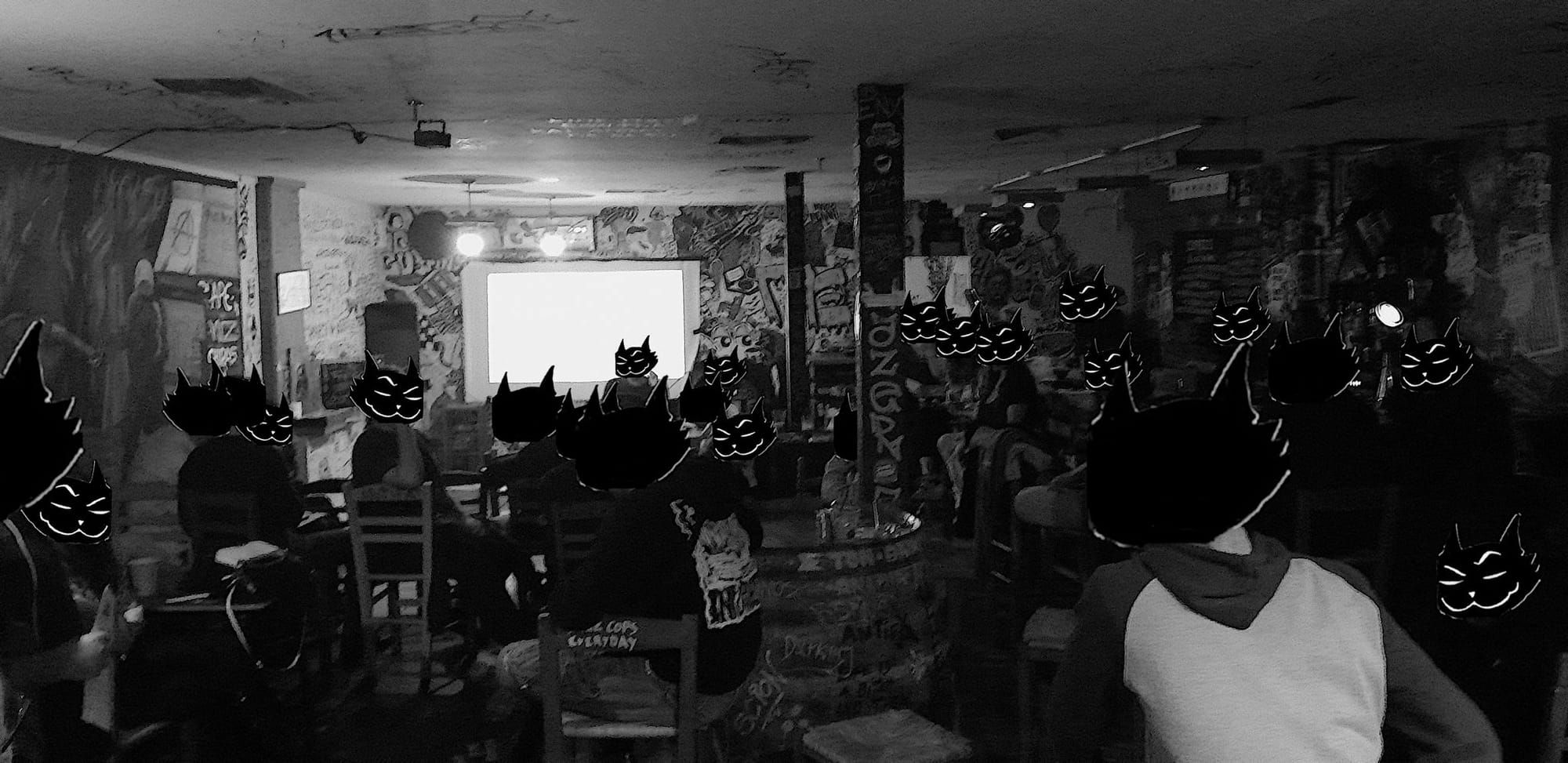
At this point, we must note that for the past few decades the vast majority of traditional trade unions have actively stopped trying to form a strong, tightly-knit membership base that is able to engage in consequential direct action. Instead, they are pushing for the extension of labour rights and legal protections based merely on their membership numbers, which they are trying to enlarge by providing certain services like, in the Cypriot example, cheaper holiday homes for the summer. These methods of unionising are called the lobbying and servicing models respectively. They are often complimented with the mobilising model, which involves holding ceremonial and isolated protests and work stoppages that amount to displays of force more than actually impactful collective action.
Prioritising deep, substantial organising over these approaches does not mean that the IWW is against protests and limited work stoppages, or that we do not advocate or provide for our members. Indeed, mobilising can be a very useful supplementary tool to collective organising. In terms of helping each other, we ensure that everything our union provides is not a service that is offered from the top to the bottom, but something we build together as new experience is acquired and developed.
One important example of such a ‘service’ provided to members is the following: as we do recognise that there are some benefits with joining traditional trade unions, we encourage all workers, regardless of whether they are our members or not, to join (or form their own) officially recognised trade unions; in fact, many of our members are dual-carders, members of both the IWW and traditional trade unions. By implementing this in Cyprus, we were confronted with the fact that trade unions expect applicants from companies that they do not have a presence in to do all the organising work and sign up the majority of the workforce to the union, before admitting them as members and representing them in bargaining for a collective agreement. But how can an isolated worker get the tools and skills needed to organise their co-workers, while avoiding the hostile reactions of management? That is where we come in: the IWW provides the necessary knowledge, experience and guidance on how to organise workplaces, regardless of whether the end goal is to form a new trade union or to sign up with an existing one. Moreover, this plethora of training resources are provided for free to all members.
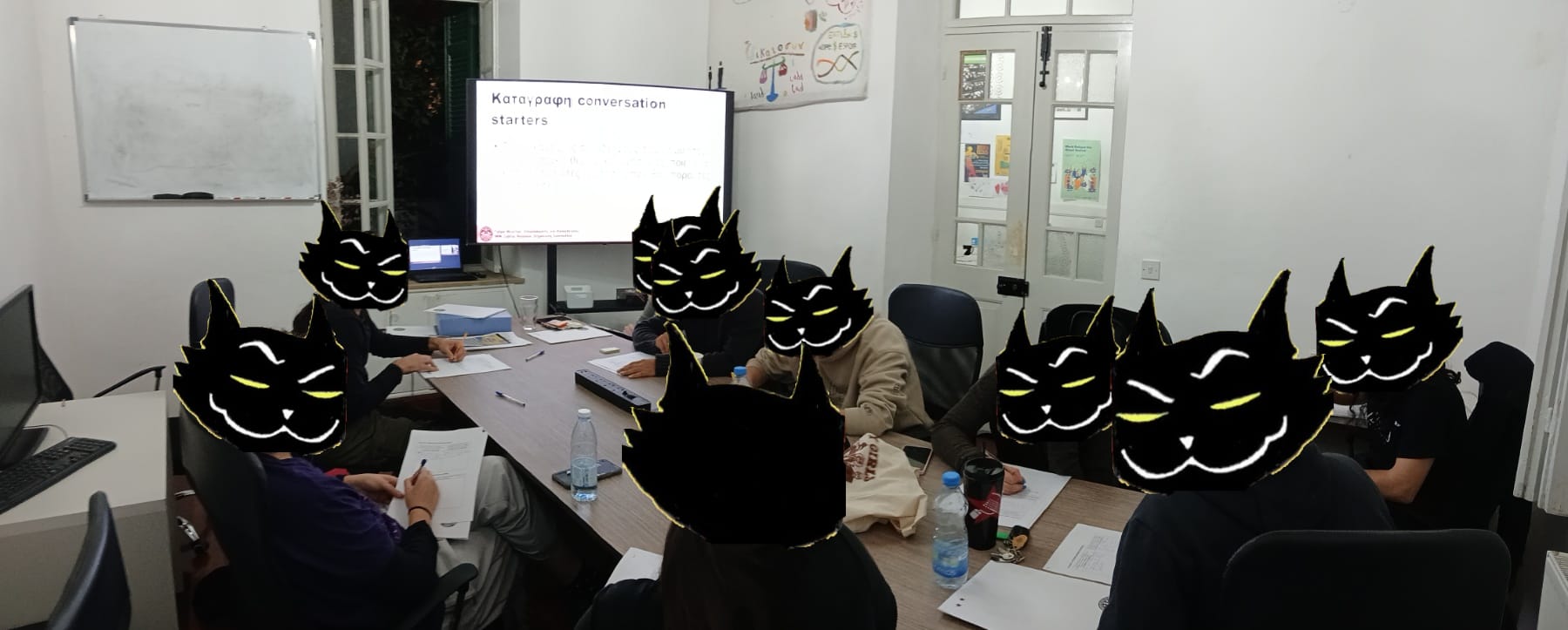
One final difference, specifically salient for Cyprus, is that the IWW organises all workers under one single big union, instead of being a federation of unions divided by profession, industry, or sector. It should be noted that this is not unprecedented in Cyprus. The relatively new trade union Isotita(Equality) recently became the first to organise both public and private employees under one single union. Isotita is a militant union, initially formed in 2017 due to the dissatisfaction of non-permanent public employees with the largest trade union of the public sector, the Pan-Cyprian Public Servants' Trade Union. Isotita managed to organise the ‘unorganisable’ and the disregarded in the public sector, is not afraid to implement industrial action to achieve its goals, and its organising methods are quite an elevation from the rest of the trade unions. Isotita’s example is proof that what the IWW is trying to do can actually be done.
However, we cannot disregard some major problematic aspects of Isotita. Police officers and prison guards became a huge part of its membership in recent years; the former joining en masse after the horrific police assault against protesters in February 2021 and the backlash that the police faced. How can you organise workers doing undeclared work, or those who lack documents, under the same organisation as police officers? Moreover, certain Isotita officers are candidates in elections supported by the far-right nationalist ELAM party. How can you claim that you are independent from political parties and how can you hope to organise migrants when something like this is allowed? Furthermore, striving and lobbying for recognition and a seat at the collective bargaining table, spending vast amounts of its membership’s money taking this matter to court (one of Isotita’s main complaints is not receiving any government funding, unlike the major trade unions in both the private and public sectors), shows that, in many respects, they are trying to become the very thing they were formed against: a clear case of gazing into the abyss long enough. Isotita is indeed a sign that what we are trying to do can be done; we in the IWW are striving to prove that not only can it be done, but that it can be done right.
Organising
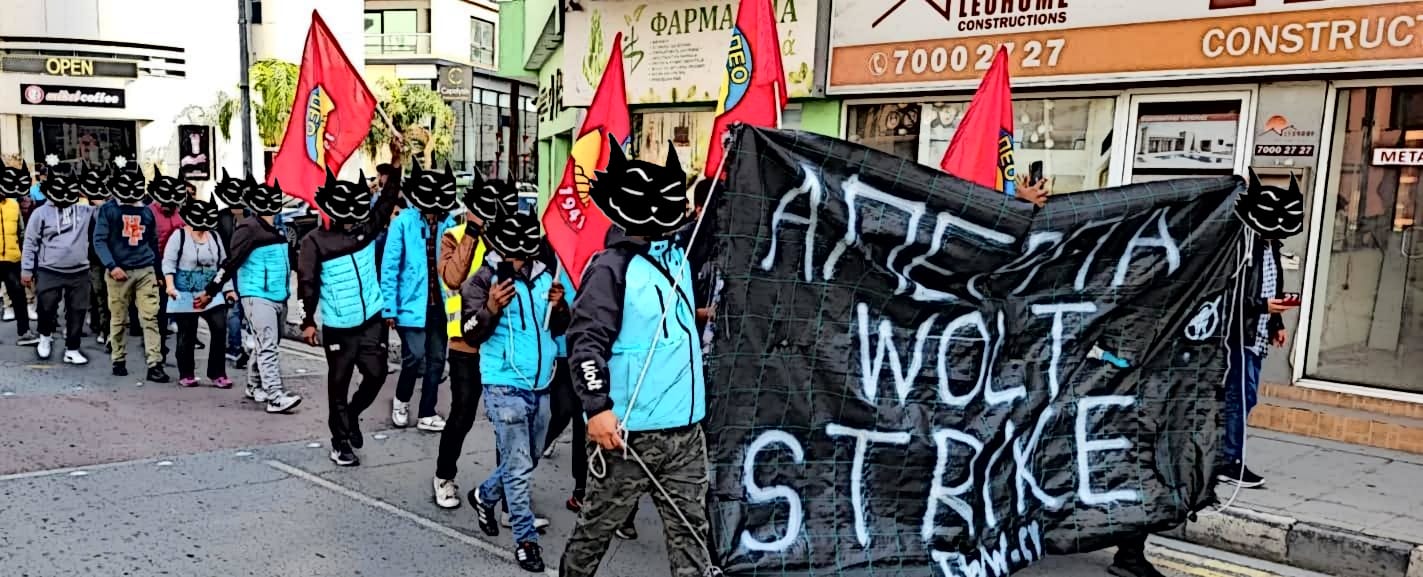
To sum up, collective direct action is the only way to solve issues right then and there, to immediately nip them in the bud. On a positive note, the right of collective organising and the right to strike are universal in Cyprus, protected by both the law and by the country’s Constitution. There are of course important limits when it comes to the right to strike, especially concerning strikes organised by trade unions. Those limits are both legal and customary, and are heavily tied with the way employment relations where handled in the first decades of the Republic. However, for now at least, there are ways to circumvent them, by branding a strike a ‘work stoppage’ for example, regardless of its length.
Anyone who studies industrial relations in Cyprus knows that strikes and work stoppages nowadays happen almost monthly, not to mention those that are cancelled at the last minute for having achieved their goals without actually occurring. If you ask a trade unionist or a labour journalist about recent notable strikes, they will most probably tell you about the general work stoppage for COLA in early 2023 (the first general intersectoral work stoppage in the history of the Republic), the numerous strikes in the so-called essential services (airports, ports, hospitals, Cyprus Telecommunication Authority, Electricity Authority of Cyprus etc.), and the strikes of the low-paid public employees in late 2023. There is even an ongoing, at the point of writing, general strike in the sector of concrete production.
While these are all very important examples of union action, we are far more interested in those that have arguably received less public coverage. One such example is the successful (initially wildcat) strikes at the Eurogate company at the port of Limassol in 2020,when workers labelled their 24-hour strikes as ‘work stoppages’ in order to circumvent the legal limits to the right to strike. Other examples include the numerous strikes at hotels all over Cyprus, and especially in the city of Paphos, for the enforcement of the legally binding, collectively bargained agreement for COLA, which proved that no laws or agreements can replace the necessity for direct action. The ten-day strike of migrant delivery drivers in December 2022 which spread all over Cyprus proved that migrant come together and fight against a multinational company and contractors associated with organised crime and the far-right ELAM party. Additionally, the fact that negotiations for a relevant collective agreement concluded just a couple of months ago, with most of those strikers having moved to other jobs, shows how inefficient the current approach to collective bargaining is when faced with contemporary, neoliberal forms of employment.
With the number of strikes increasing these days, it is not surprising that employers’ organisations are lobbying hard for further legal limits to the right of strike, especially in the so-called ‘essential services’. Employers have also introduced unprecedented (for Cyprus) union-busting approaches. For an example that we as the IWW had an active role in, one can look at last years’ strike at Anytime by Interamerican Insurance.
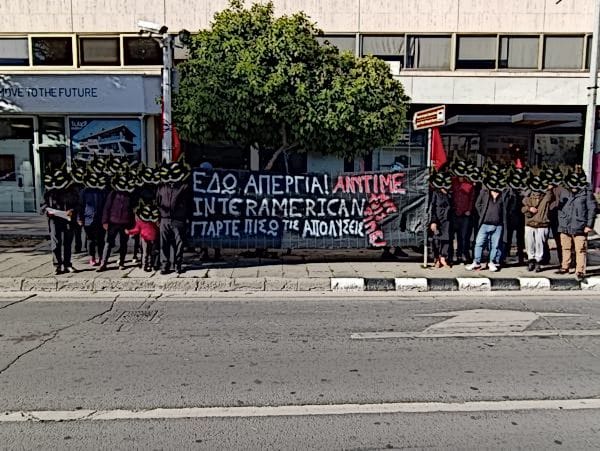
The walkout and consequent strike occurred after more than three years of organising work by one of our members, which resulted in their firing. The illegal lay-off happened despite the employees deciding to join up with the largest trade union in Cyprus during the last months of the campaign, in hopes of a less turbulent process to improve their condition (and given that the IWW in Cyprus are not a legally registered trade union). The fellow workers walked out immediately after the dismissal and began a strike that lasted a month, supported by actions of solidarity all over Cyprus, as well as in Greece, the UK, the Netherlands and Germany.
After one month of striking for the reinstatement of their fired co-worker, all strikers were fired for striking, which was unprecedented in Cyprus; it is also illegal. The Ministry of Labour sued the company, but more than a year later the trial has not even begun. The trade union they have affiliated with was quick to brand the effort a failure, despite the strikers themselves celebrating the fact that they kept their dignity intact, and, acknowledging the value of the IWW, some of them becoming members and eventually officers of the IWW-CYROC. For a more recent example of repression, in the aforementioned general strike in the sector of concrete production employers have enforced a lock-out (an anti-striking measure illegal in most countries but not in Cyprus), and one of them drove a concrete mixer truck into a picket line, seriously injuring a striker.
The takeaway
We realise that a strike cannot materialise from thin air, by mere wishful thinking. Sustainable organising means moving away from the lobbying and servicing model, even from the mere mobilising model, and refusing to prioritise collective bargaining and labour peace over collective direct action. It requires the difficult, grinding, time-consuming, soul-wrenching work of slowly and meticulously building strong relations with our fellow workers. And, regardless of whether those relations are tested in the battle that is a strike, or in any form of industrial action, and especially regardless of whether we actually emerge victorious – whether we get full COLA for everyone, or compensation for overtime, or an extra bathroom break, or we do not lose our paid sick days, or get that manager who is harassing us fired, or we get the company to go green and divest from Israel etc. – these relations are victories in themselves.
As such, our Committees and Departments prioritise providing seminars and courses regarding the time-proven methods of workplace organising from the ground up. We also prioritise proper approaches to forming honest and close relationships with our coworkers and fellow union members. For what is more important in this hostile, alienating jungle that we live in, than to have people around you who you can depend on to fight together and support each other? That is what the IWW stand for.


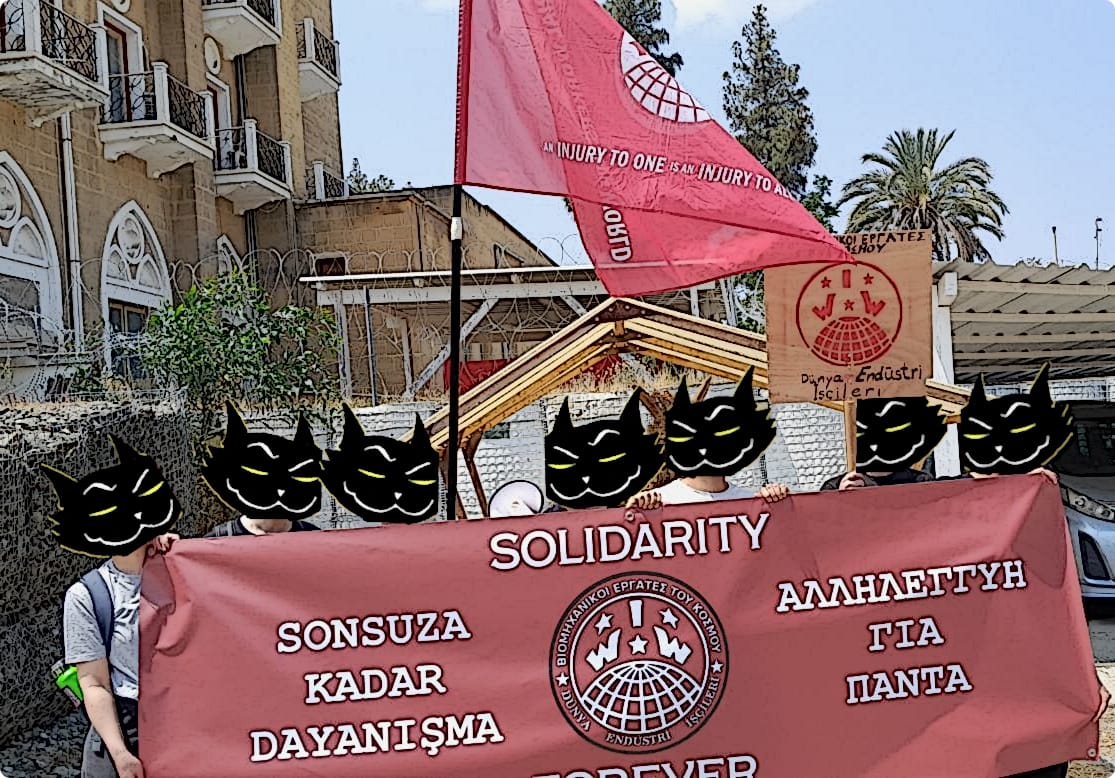
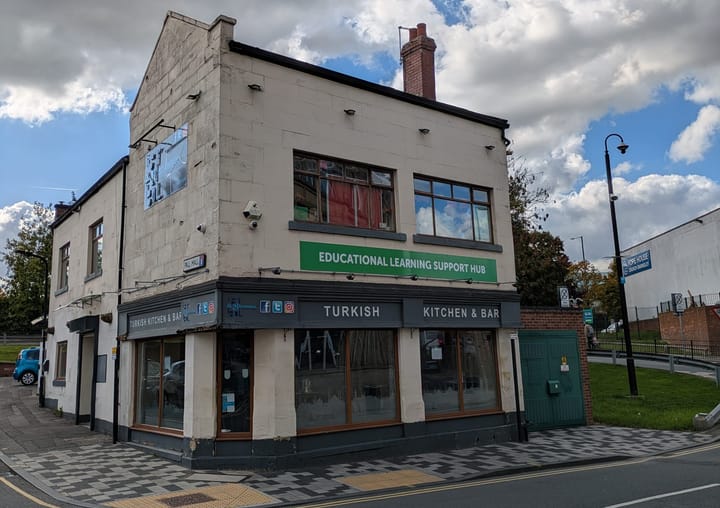

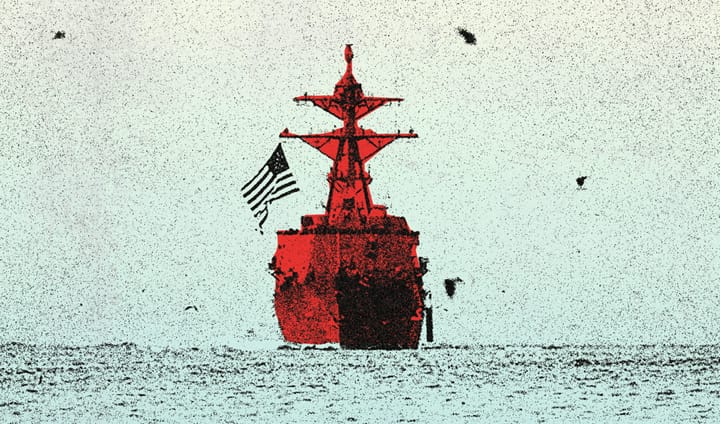
Comments ()